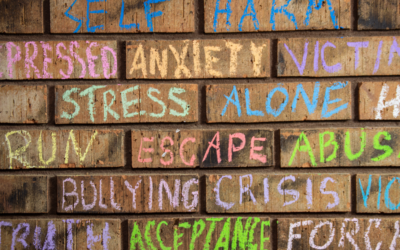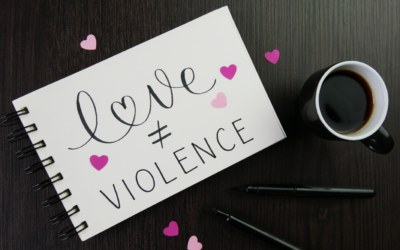PTSD (Post-Traumatic Stress Disorder) Awareness Day, observed annually on June 27th, is a significant day dedicated to raising awareness about this mental health condition and promoting understanding and support for those affected by it. PTSD can result from experiencing or witnessing a traumatic event, and it can have a profound impact on a person’s well-being and quality of life. In this blog post, we will explore the importance of PTSD Awareness Day, shed light on the experiences of individuals with PTSD, and discuss the need for empathy, education, and support to facilitate healing and recovery.
Understanding PTSD
Post-Traumatic Stress Disorder is a mental health condition that may develop after a person experiences or witnesses a traumatic event. These events can include natural disasters, accidents, combat, violence, or other deeply distressing experiences. PTSD can manifest through a range of symptoms, including intrusive memories, nightmares, flashbacks, hypervigilance, avoidance behaviors, mood disturbances, and difficulties in interpersonal relationships. It is essential to understand that PTSD is a legitimate condition with real and impactful symptoms.
Creating Awareness and Reducing Stigma
PTSD Awareness Day provides an opportunity to educate the public about PTSD and reduce the stigma surrounding mental health. By raising awareness, we can promote understanding, empathy, and support for individuals who are living with PTSD. It is crucial to foster an environment where people feel safe to seek help and openly discuss their experiences. Dispelling misconceptions and promoting accurate information about PTSD can empower individuals and encourage them to seek the assistance they need.
Supporting Those Affected by PTSD
Support and understanding are vital for individuals with PTSD. Providing a safe and non-judgmental space for them to share their experiences can make a significant difference. Encouraging open conversations about mental health, listening with empathy, and offering validation can help individuals feel heard and understood. Recognizing the signs of PTSD and encouraging professional help-seeking are essential steps in supporting those affected by this condition.
Access to Treatment and Resources
On PTSD Awareness Day, it is essential to highlight the availability of treatment options and resources for individuals with PTSD. Psychotherapy, such as cognitive-behavioral therapy (CBT) and eye movement desensitization and reprocessing (EMDR), has been shown to be effective in helping individuals process traumatic experiences and manage PTSD symptoms. Additionally, support groups, online communities, and helplines offer valuable support networks and connections for individuals seeking assistance.
Self-Care and Self-Compassion
Self-care plays a crucial role in managing PTSD symptoms and facilitating healing. Encouraging individuals with PTSD to prioritize their well-being and engage in activities that promote relaxation, mindfulness, and self-compassion is important. Self-care practices such as exercise, journaling, creative outlets, and connecting with nature can provide comfort and promote emotional healing.
PTSD Awareness Day serves as a reminder of the challenges faced by individuals living with PTSD and the importance of empathy, understanding, and support. By raising awareness, reducing stigma, and promoting access to treatment and resources, we can contribute to creating a more supportive environment for those affected by PTSD. Let us embrace a culture of compassion, education, and healing, ensuring that individuals with PTSD feel empowered to seek help, find support, and embark on a path of recovery and resilience.










